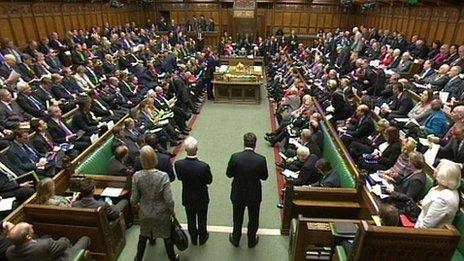Iraq Inquiry: Chilcot rejects calls for report timetable
- Published
Sir John Chilcot told MPs he did not want to raise false hopes or expectations by naming a date
The head of the official inquiry into the Iraq War has rejected calls to set a timetable for publication, saying he does not want to "arouse false hopes".
Sir John Chilcot told MPs he had "under-estimated" the time it would take to study up to 150,000 documents.
And he said the process of giving key figures the right to respond to criticism was holding up the process.
He also informed MPs one of the panel members, historian Sir Martin Gilbert, had died following a long illness.
Sir Martin, the author of a best-selling biography of Sir Winston Churchill and one of five members of the inquiry panel, died on Tuesday, Sir John said.
The inquiry, which began in 2009, is considering how UK forces came to participate in the US-led invasion of Iraq in 2003 and its aftermath, which saw UK troops remain in the country for six years.
Appearing for 70 minutes before the Foreign Affairs Committee, Sir John repeated his view that there was no "realistic prospect" of the report being released before the election on 7 May.
'Unprecedented'
He told MPs that the inquiry was "unprecedented in scope" and there had been protracted negotiations with the government over the release of classified documents, including correspondence between former PM Tony Blair and President George W. Bush.
The Iraq Inquiry
finished gathering evidence
3 years
ago, after being launched in 2009
-
Witnesses cross-examined: 129
-
Estimate of total words spoken in evidence: 2.5 million
-
Documents studied: 150,000
-
Projected total cost: £10m
The process by which those likely to be criticised in the report are given the right to respond, known as Maxwellisation, had begun later than planned in the autumn, he said.
And he suggested that completing this successfully was the primary obstacle standing in the way of the report's publication.
He said: "What I can't say, until the Maxwellisation process is complete, is that I will be able to say anything useful to the prime minister or to the families. Once that is complete it is a different matter."
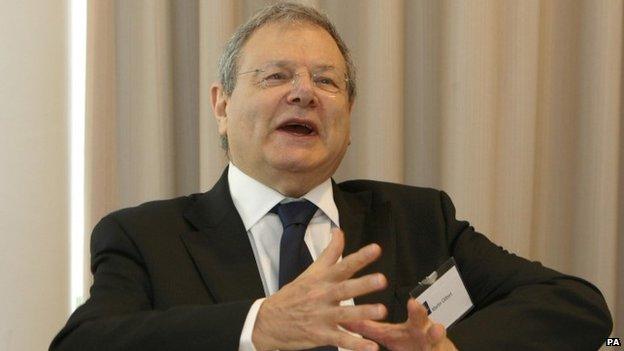
Sir John broke the news of the death of inquiry member Sir Martin Gilbert
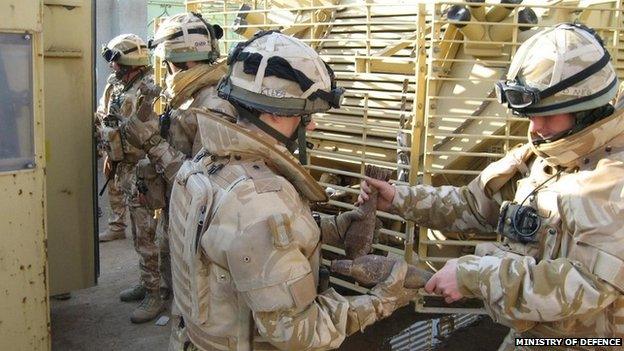
British troops served in Iraq between 2003 and 2009
Conservative MP Nadhim Zarhawi said the continued uncertainty was "painful" for the families of the 179 British personnel who died in Iraq.
Sir John acknowledged this but said the Maxwellisation process was "genuinely difficult" because of the need to ensure fairness and confidentiality for all those involved.
'Appetite for truth'
Asked by Conservative Sir John Stanley whether anyone was taking an "unreasonable" amount of time to make their response to his draft findings, Sir John Chilcot stated: "As of today, I have no reason to think that anyone is seeking to spin out time."
It is not known who has received letters of criticism as part of the Maxwellisation process but key figures in the decision to go to war, including Tony Blair, have rejected claims they are holding up the process and say they want it released as soon as possible.
Sir John insisted the report was not being held back because of concerns about the political consequences of releasing it in the run-up to May's general election.
"I don't believe the timing in relation to a political event, even one as important as a general election, determines the issue," he said.
"What I am determined to do is to get the report to the prime minister and out as soon as we can."
And he also rejected calls for guidance on when it would eventually be released.
"The risk of either arousing false hopes or false expectations either way outweighs for me the powerful appetite, for all sorts of often good reasons, to know when the report is likely to become available."
The inquiry had a "conscious duty" to get "access to the truth", he told MPs, and moving at a quicker pace could have undermined the "depth" of the final report.
'Deserve answers'
Wednesday's hearing was the first time Sir John Chilcot has been cross-examined about his work since the inquiry began in 2009.
In a Commons debate last week, MPs from all sides called for continued delays to the report to be explained.
Ministers say they are frustrated by the delays but cannot intervene because it is an independent inquiry.
Speaking before the session, Conservative backbencher David Davis suggested that the Civil Service, which has the final say over which documents relating to Iraq can be published, was partly to blame.
"The Sir Humphrey Mafia are being difficult," he told Today. "They have an interest in keeping secrets."
And Lib Dem MP Tim Farron said it was "appalling" that the families of the 179 British personnel who died in Iraq between 2003 and 2009 had had to wait so long to find out why Britain had gone to war.
"This country deserves answers," he told the BBC News Channel. "The people who lost loved ones in Iraq deserve answers."
- Published21 January 2015
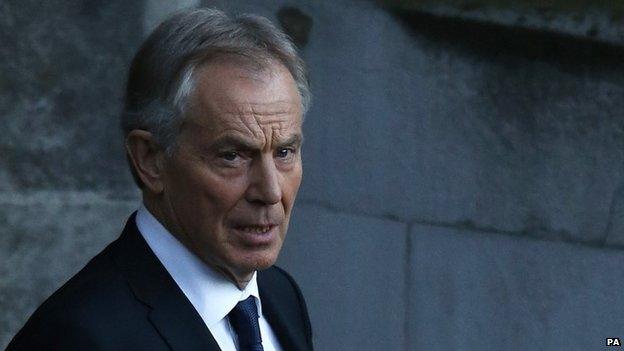
- Published5 July 2016
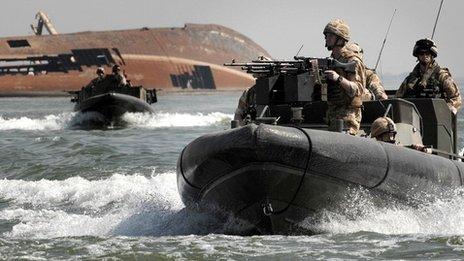
- Published4 February 2015
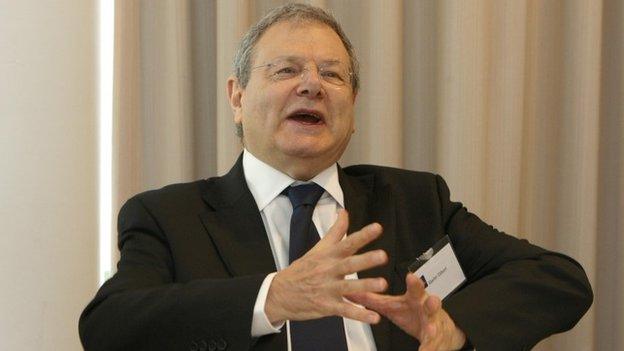
- Published29 January 2015
